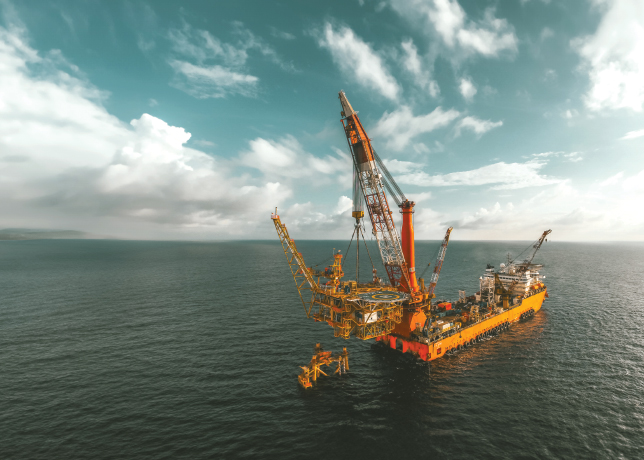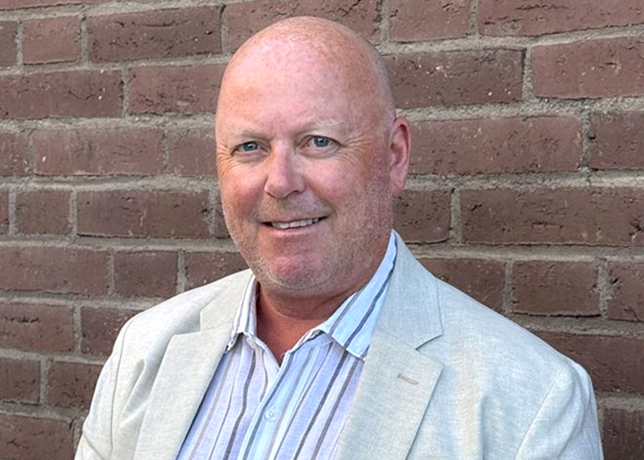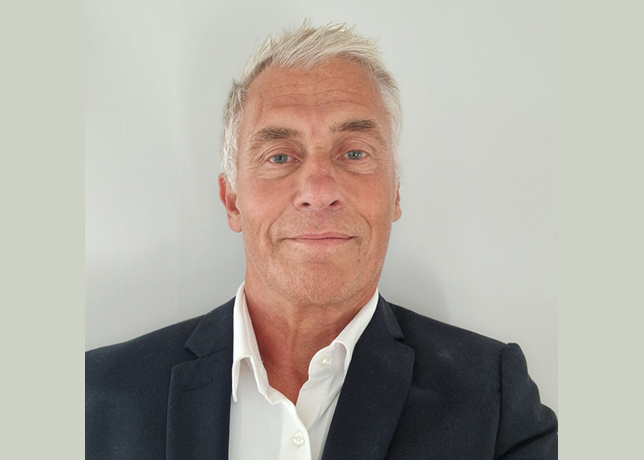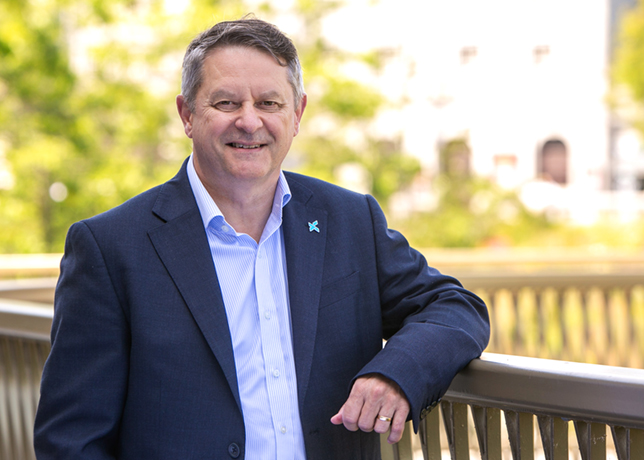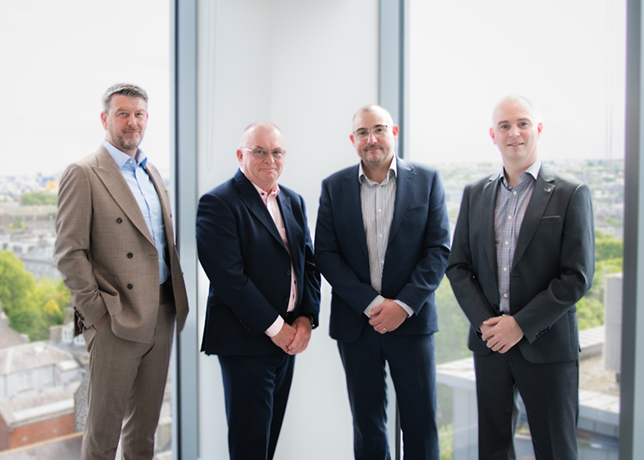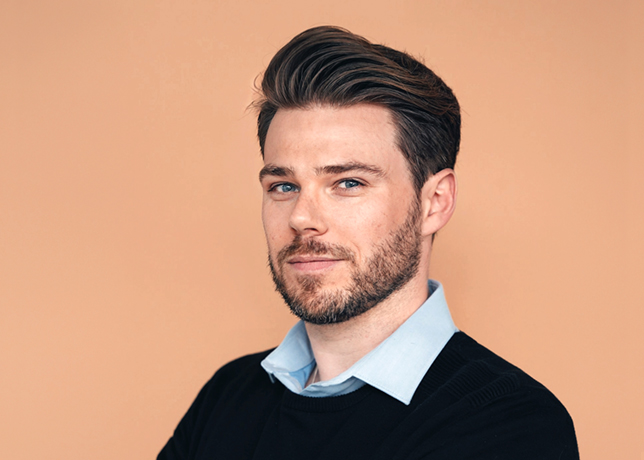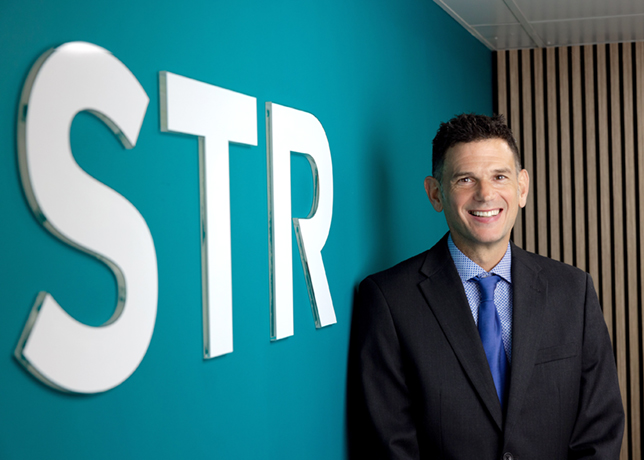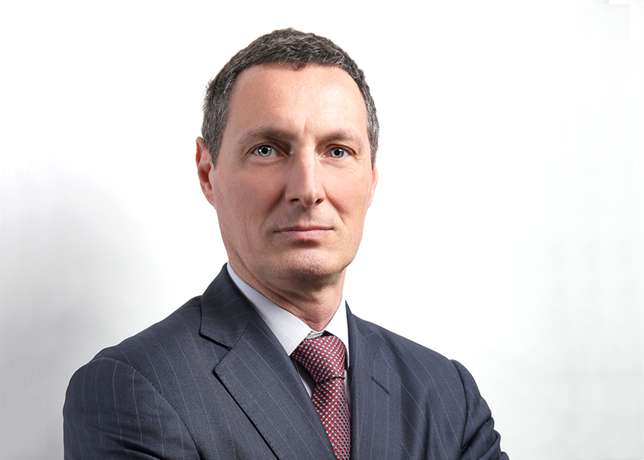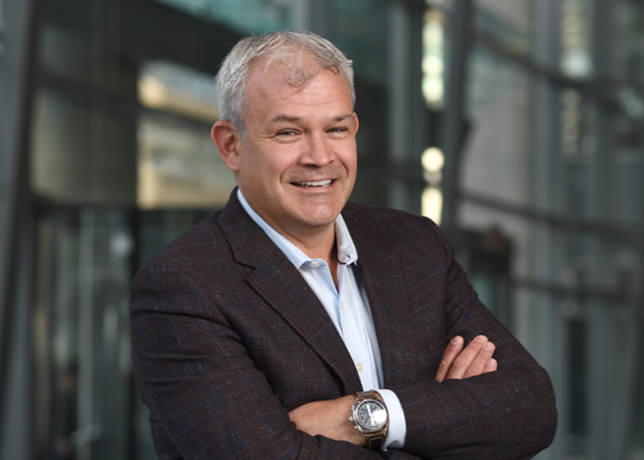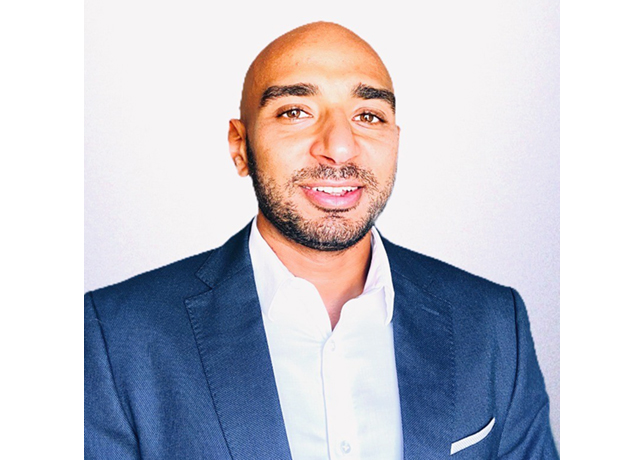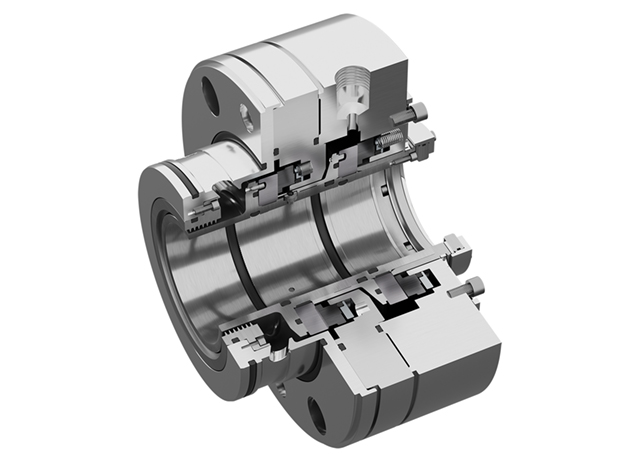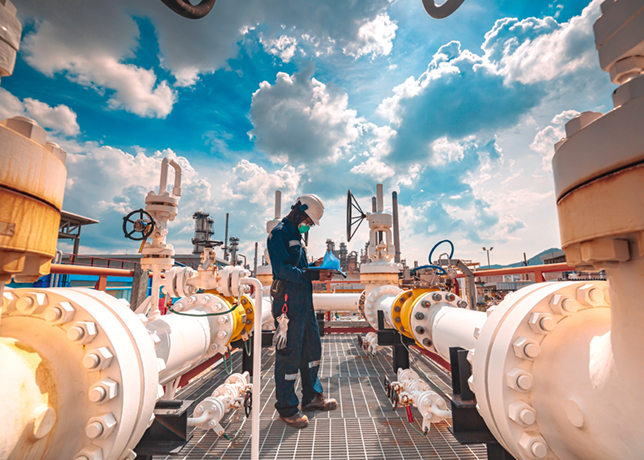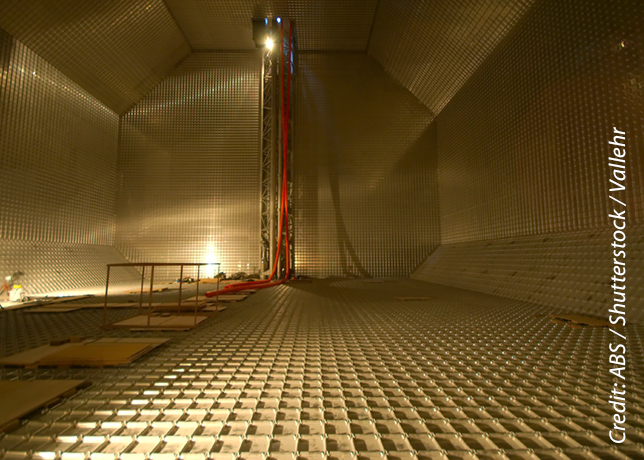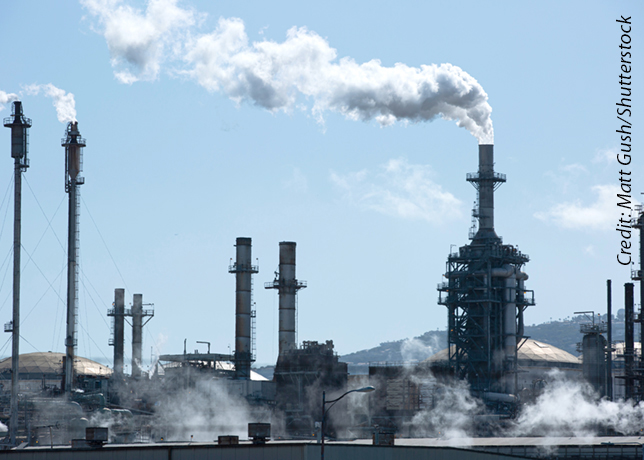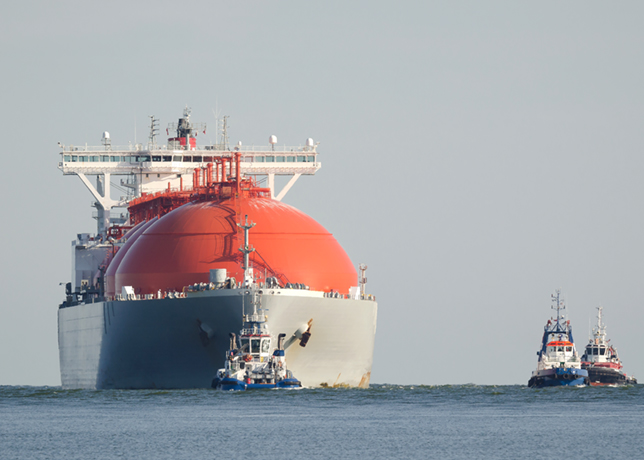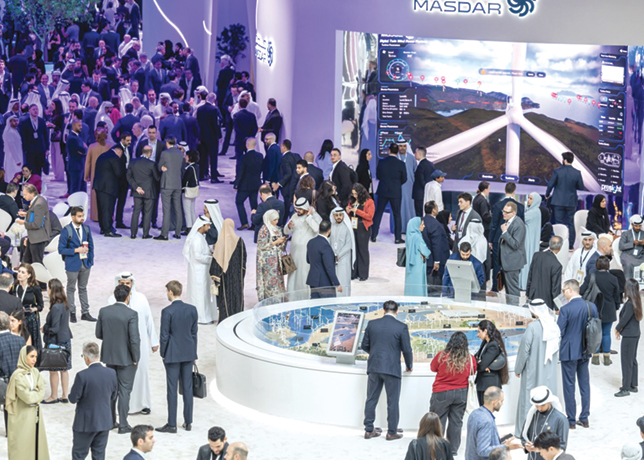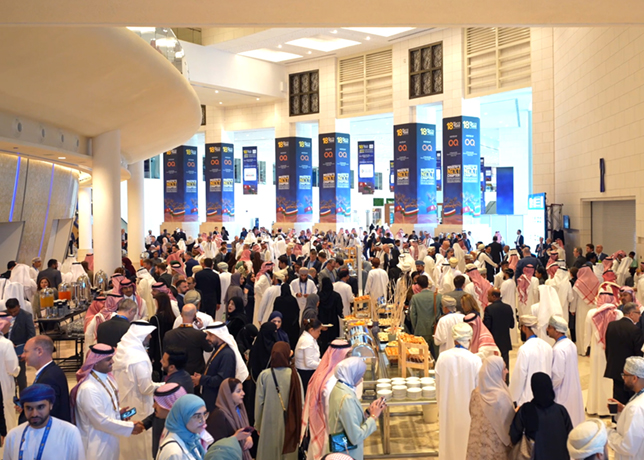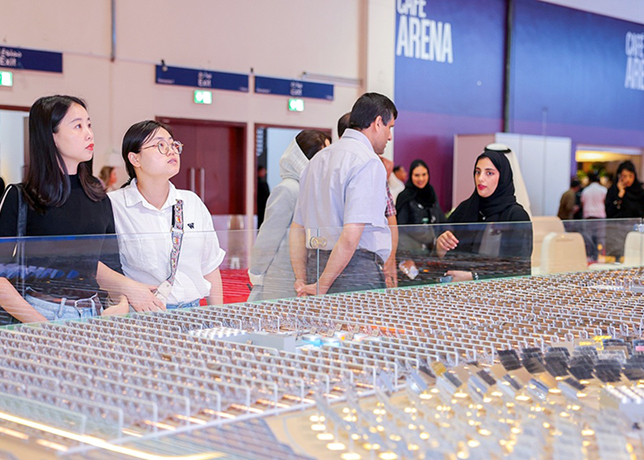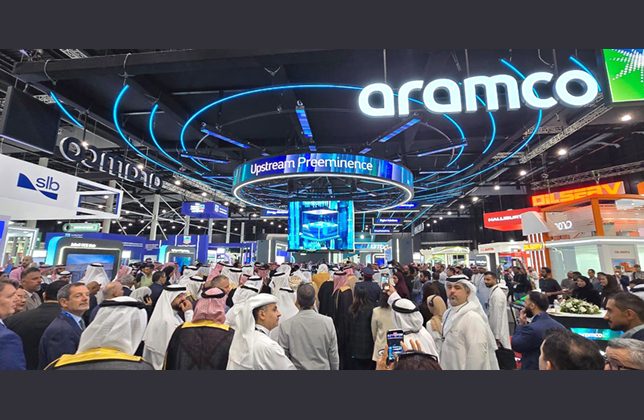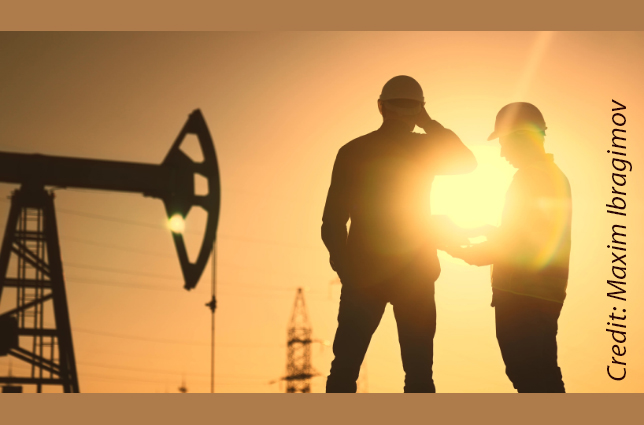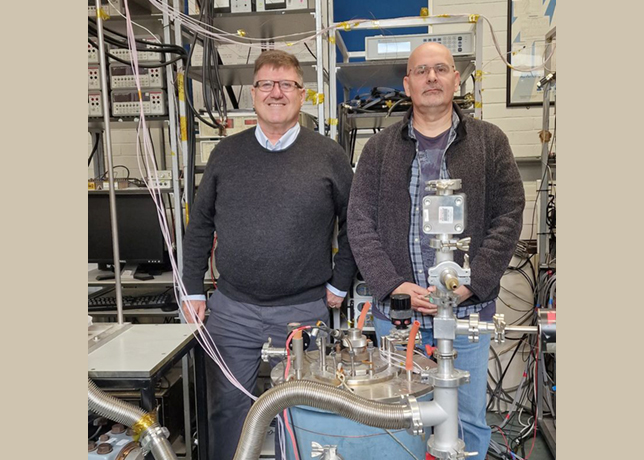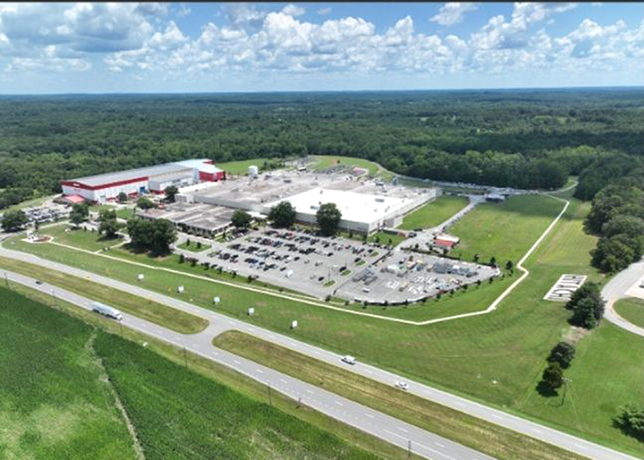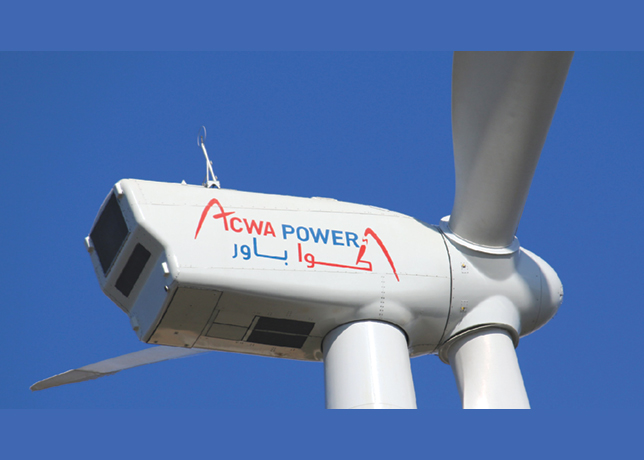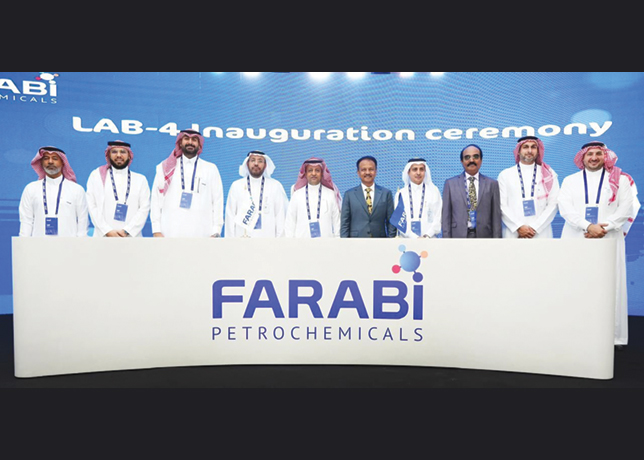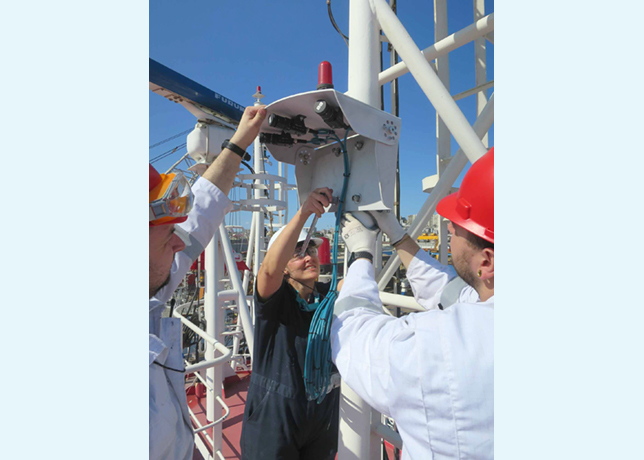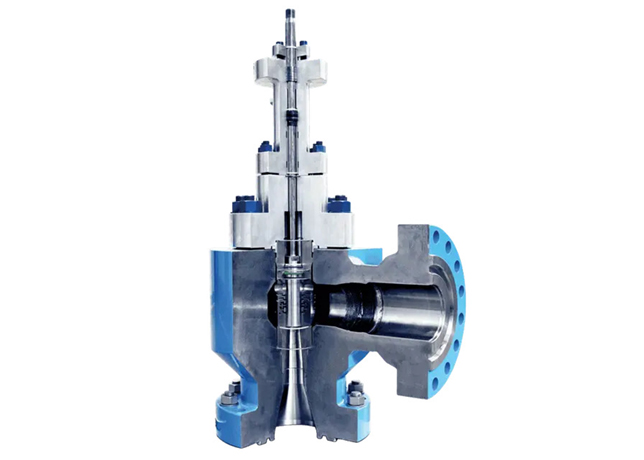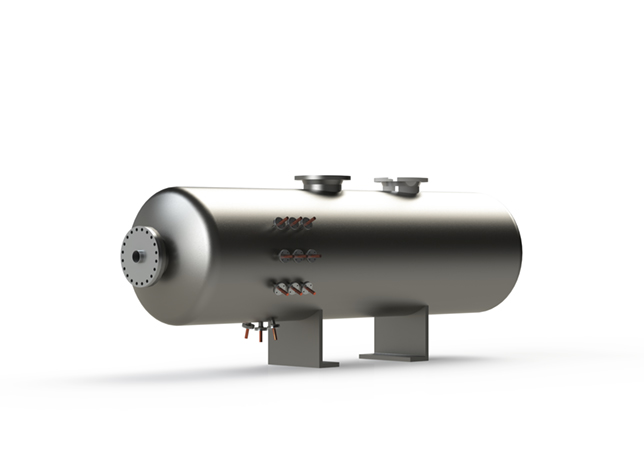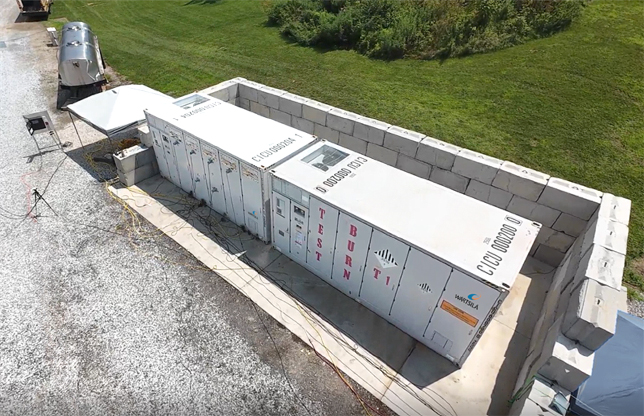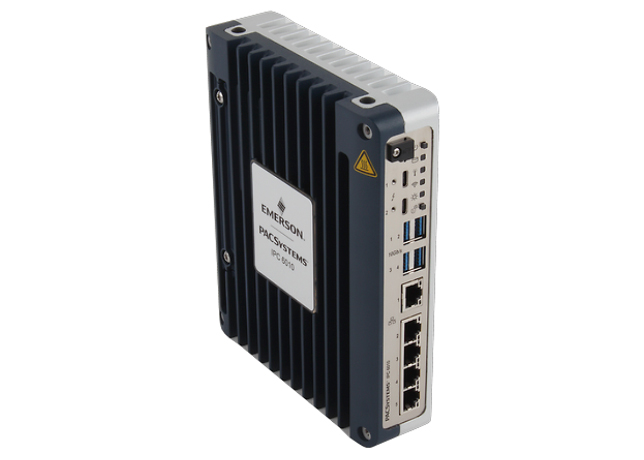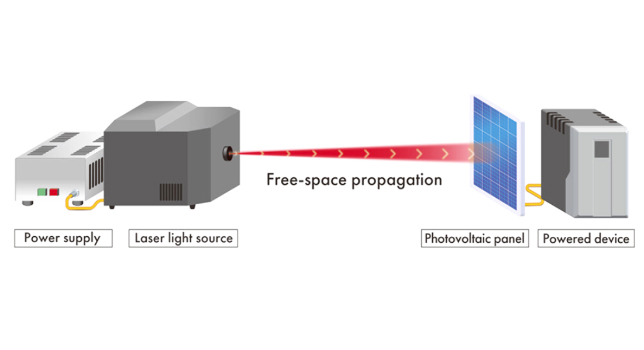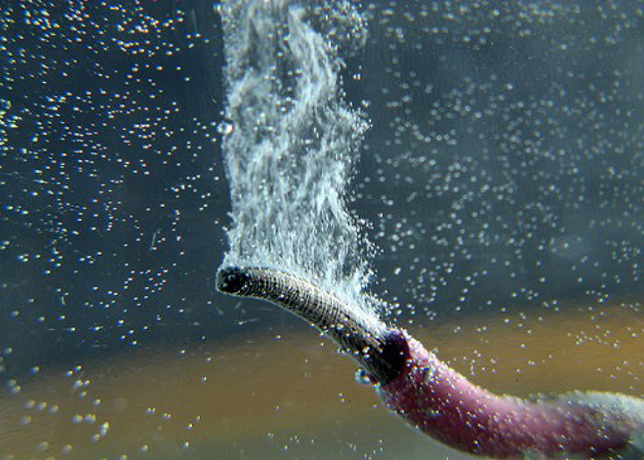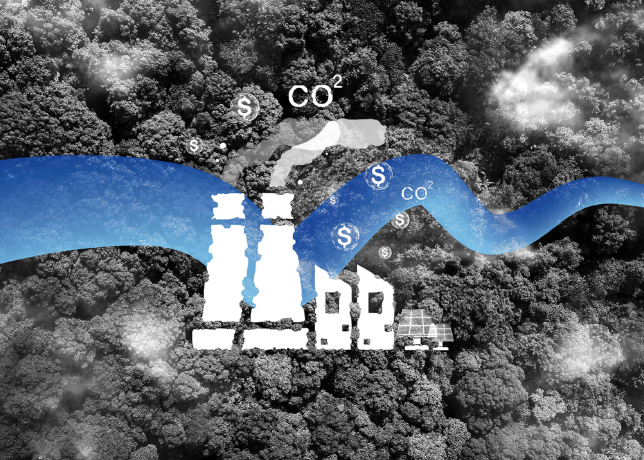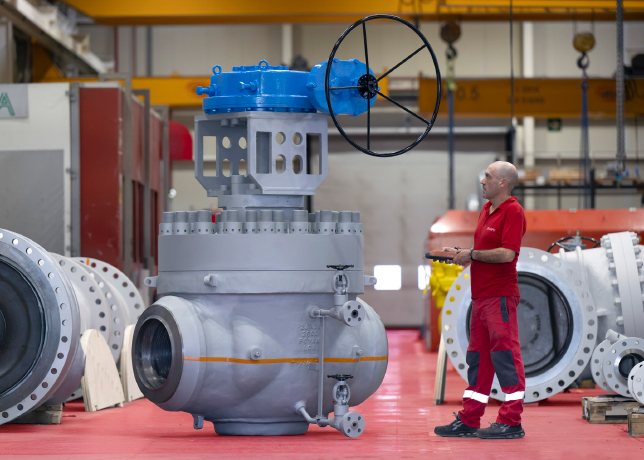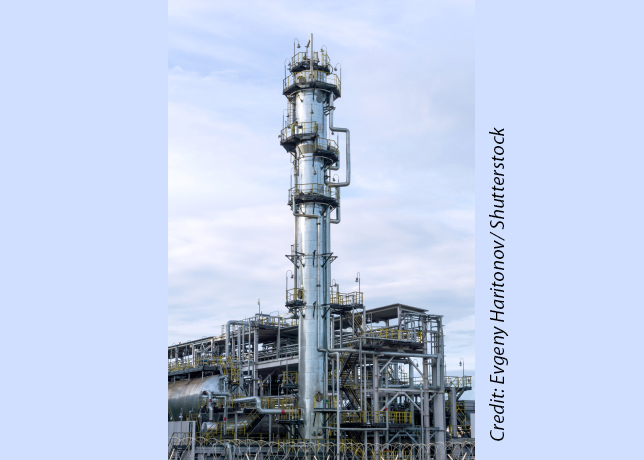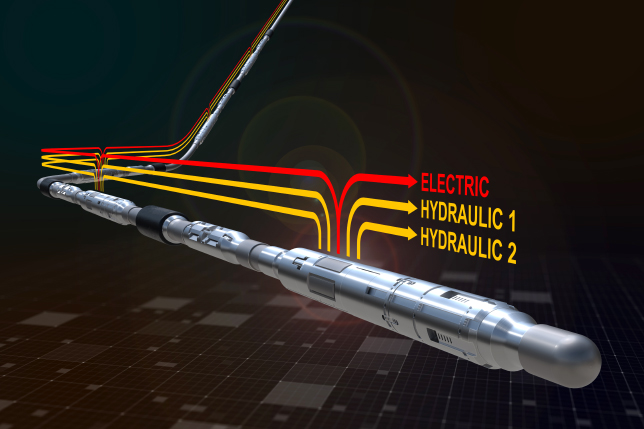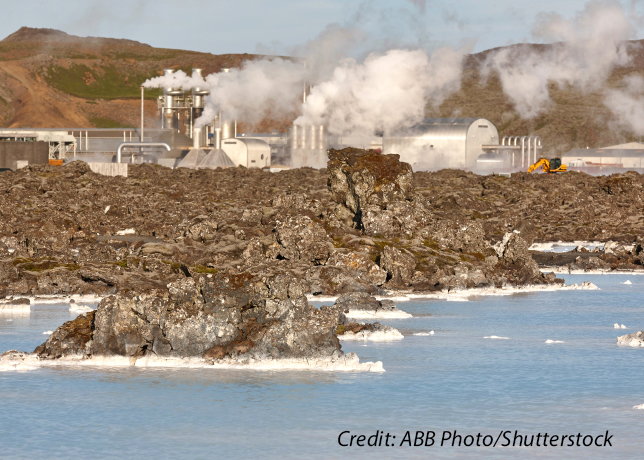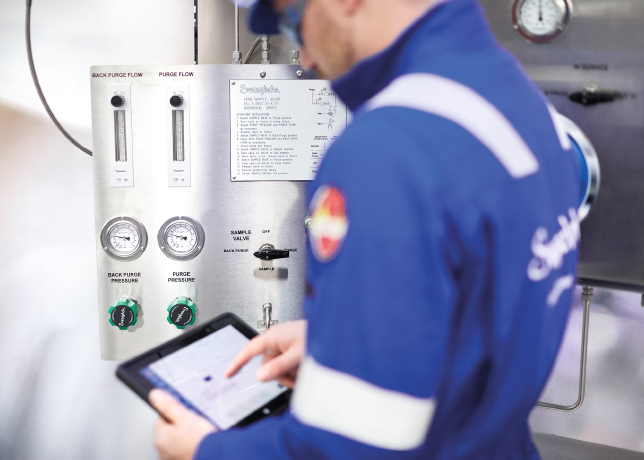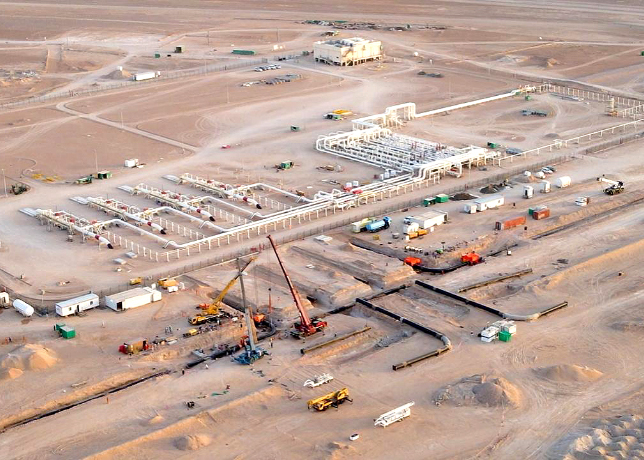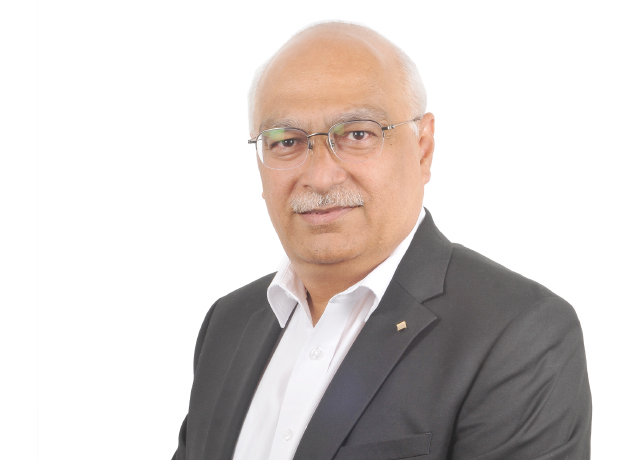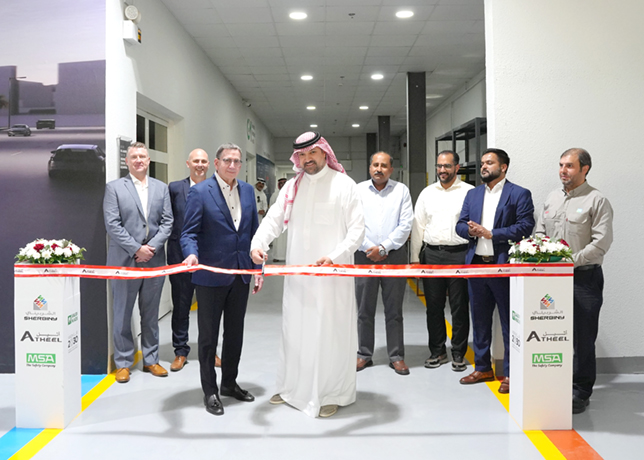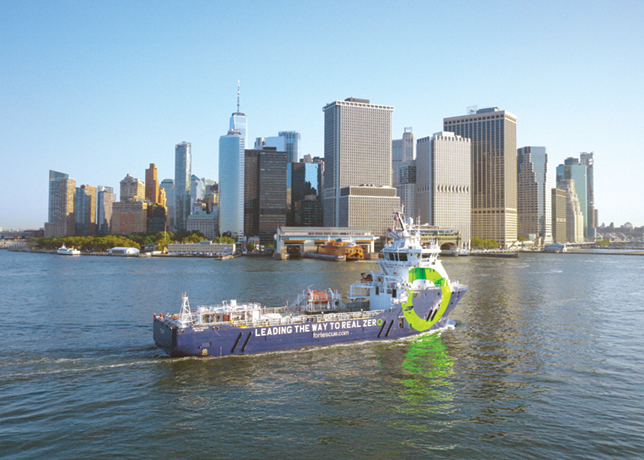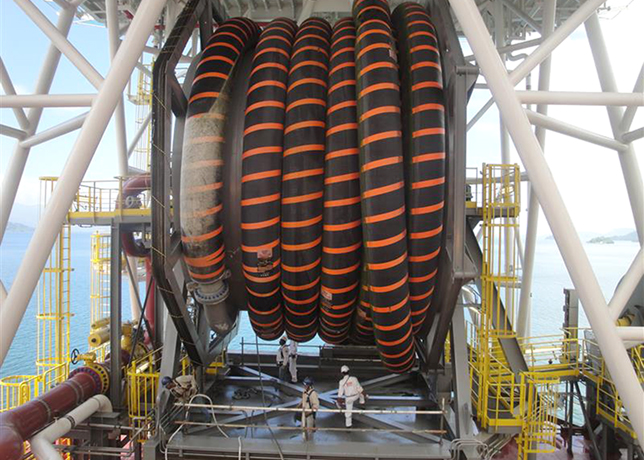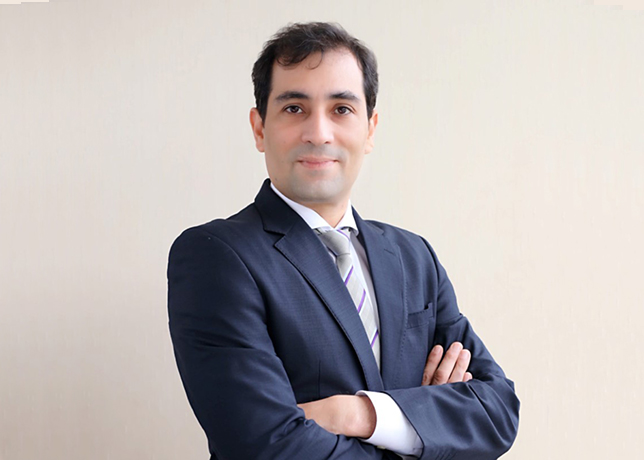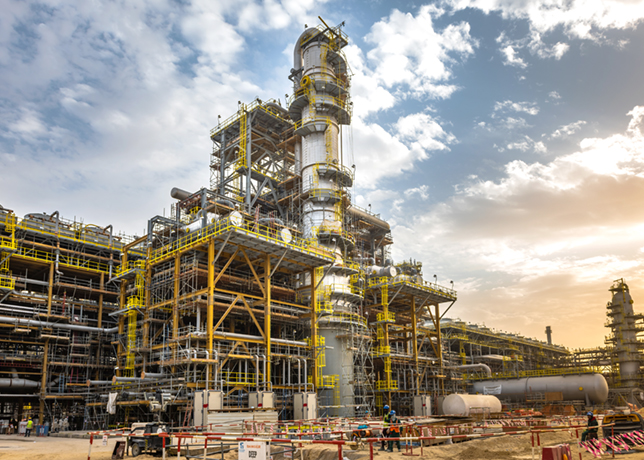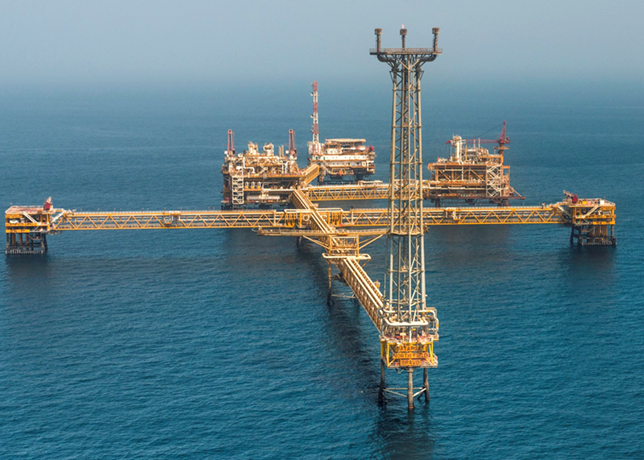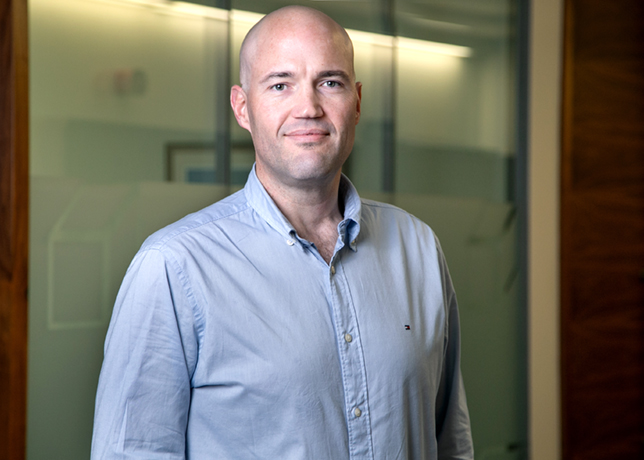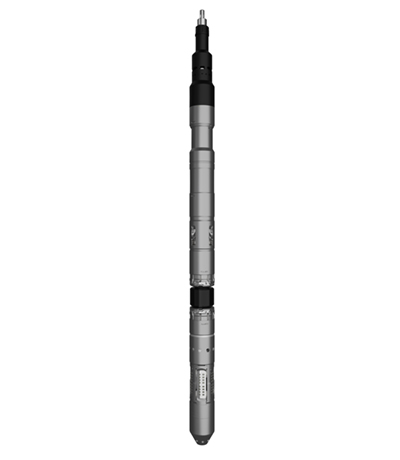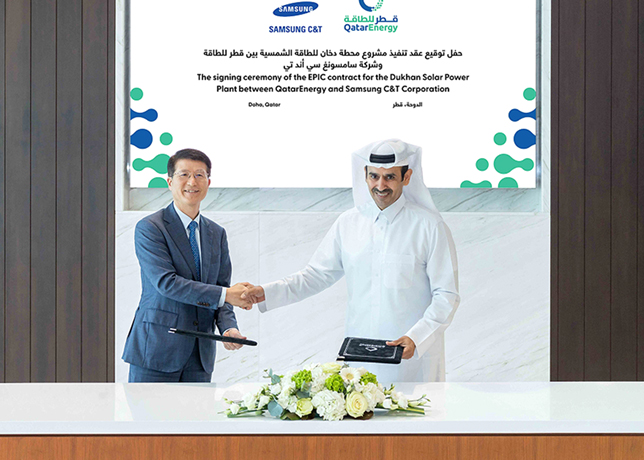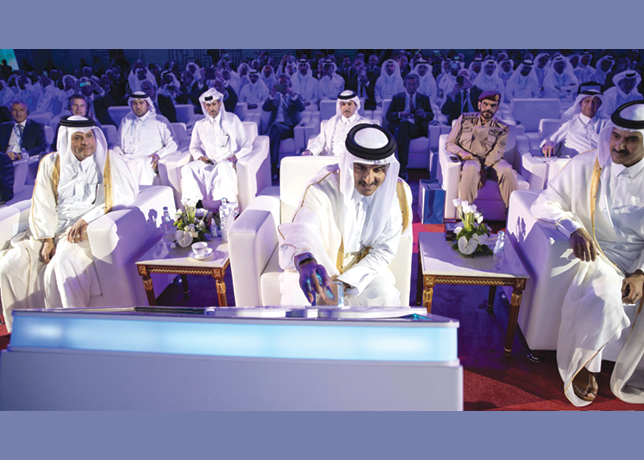
 Marwah Almatrooshi and Helen Fennell
Marwah Almatrooshi and Helen Fennell
Marwah Almatrooshi and Helen Fennell share how adaptability, ambition, and mentorship fuel their dynamic careers, inspiring women to lead and innovate in the energy sector’s complex landscape
In the evolving energy industry – defined by economic cycles, energy transitions, and geopolitical shifts – there is no singular career currency.
As Marwah Almatrooshi, Process Engineer, Petrofac, and Helen Fennell, Operations Director, Petrofac, exemplify, agility, adaptability and ambition are essential to the mix.
One, forging a promising path in the UAE; and the other leading complex delivery in the UK.
Each growing their careers by creating change, delivering projects, inspiring teams, and embracing opportunity to push the energy industry forward.
In an exclusive interview with OGN energy magazine, Marwah Almatrooshi and Helen Fennell share how adaptability, ambition, and a passion for solving complex challenges have shaped their dynamic careers, inspiring the next generation of women to drive innovation and leadership in the ever-evolving energy industry.
Below are excerpts from the interview:
MARWAH ALMATROOSHI
Can you tell us a bit about your journey into engineering?
Almatrooshi: I’ve always loved understanding how things work and solving real-world problems, so engineering felt like a natural fit for me.
I studied chemical engineering, and while design interested me, I quickly realised I enjoyed collaborating across disciplines.
My current role has given me the opportunity to grow technically and develop my leadership skills.
Currently, my role involves coordinating our engineering management discussions, connecting teams, sharing ideas, and supporting young engineers.
The culture at Petrofac, which values young talent and teamwork, is something that inspires me every day.
What challenges did you face as a young woman entering the energy sector?
Almatrooshi: Building confidence was my biggest challenge early on, especially when working alongside experienced engineers in a largely male environment.
At first, I found it daunting to speak up and share my ideas and perspectives, but I learned to trust my knowledge, ask questions, and embrace constructive feedback.
This made a big difference, helping me become more confident and credible in my role.
How do you keep yourself motivated in a high-pressure technical environment?
Almatrooshi: I enjoy taking on new challenges as it’s an opportunity to gain skills and deepen my technical understanding.
Working on projects that have a real impact, especially on something as critical as energy delivery, keeps me engaged and focused. Plus, having supportive colleagues around makes high-pressure situations feel manageable and rewarding.
Have you had mentors or role models who helped you find your footing?
Almatrooshi: Absolutely! Mentorship has been and continues to be key for my growth. I’ve been lucky to be mentored by our Kollol Sengupta, Engineering Director.
He’s given me practical advice and technical insight that I use daily, be it coordinating multidiscipline teams or managing complexity. Having support like this has made a real difference.
What personal qualities have helped you most in growing your career?
Almatrooshi: For me, adaptability has been key. Working across different disciplines and navigating new technical environments has taught me how to be flexible, stay curious, and keep learning.
I’ve always had the ambition to go beyond understanding my own role. I want to see the bigger picture, connect ideas, and contribute wherever I can. Being proactive, always asking questions, and staying open to feedback has allowed me to develop in my role. It’s helped me grow faster, take on more responsibility, and build trust within my team.
What advice would you give to other young women considering a future in engineering?
Almatrooshi: I’d say do it. If you are solution-orientated, enjoy innovating, and want to drive real change in the world, engineering is the way to do it. Your ideas, creativity, and unique perspectives matter, so stay curious, trust your instincts, and never underestimate what you’re capable of achieving.
Where do you see yourself in five years, and what kind of leader do you want to be?
Almatrooshi: In five years, I hope to be leading a project, with a strong focus on technical excellence and effective project delivery.
My goal is to create a supportive environment like I’ve experienced – one where young engineers feel encouraged to speak up, learn, and grow.
Openness, collaboration, and mentorship will be central to my leadership style, helping everyone around me reach their full potential.
HELEN FENNELL
What first attracted you to the energy industry, and how has your motivation evolved over time?
Fennell: I started my engineering career about 30 years ago, drawn to the energy industry by its diverse roles, complex technical challenges, and the chance to work with people all over the world.
Over the years, what motivates me has evolved, especially now, as we’re experiencing a rapid shift towards sustainable energy.
Working on innovative technologies that help tackle global sustainability issues is incredibly rewarding. It’s exciting to be part of an industry where your work genuinely makes a difference.
You’ve led teams through some major shifts in the market. How do you keep everyone motivated during tough periods?
Fennell: Every industry has its ups and downs, and the energy industry is no exception. In my experience, successfully leading a team through challenging times is about laying a strong foundation early on when things are going well.
If you build a culture where collaboration, openness, and trust are priorities, the team will stay strong and motivated even during tough periods.
Knowing we can rely on each other makes it easier to navigate uncertainty, allowing us to adapt quickly when the market shifts.
Have you faced any challenges as a woman in operations leadership, and how did you overcome them?
Fennell: Early in my career, I was often the only female engineer on the team, which led to some practical challenges, like safety gear not fitting correctly (looking back, I think I missed a great business opportunity there!).
Thankfully, things have improved over the years, although across our sector, women are still underrepresented in senior roles.
The main challenge I have faced during my career was having to quickly adapt and learn new skills.
Proactively seeking out mentors, openly asking questions, and being willing to learn has helped me manage these shifts confidently.
What’s the biggest lesson the energy sector has taught you about resilience?
Fennell: Throughout my career, I have worked on many projects globally, including challenging assignments in the UAE and Iraq.
At first glance, some of these projects seemed impossible due to their technical complexity, remote location, or tight timelines.
The most important lesson I’ve learned about resilience is that with a collaborative, innovative, and committed team by your side, anything is possible.
This insight has shaped my leadership style and my approach to tackling complex problems head on.
What advice would you give to women aiming for senior operational roles in a global business?
Fennell: My best advice is to really understand the skills and knowledge you need for the role you want, and look for opportunities to fill your gaps.
Specifically, look for opportunities to step outside your comfort zone. It’s completely normal to feel nervous, but real growth happens when you challenge yourself.
Taking risks, staying curious, and learning from your experiences are the building blocks to successfully reaching senior leadership roles.
By Abdulaziz Khattak




